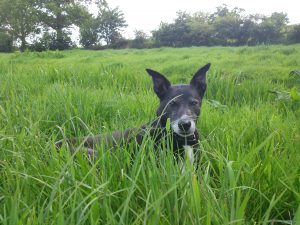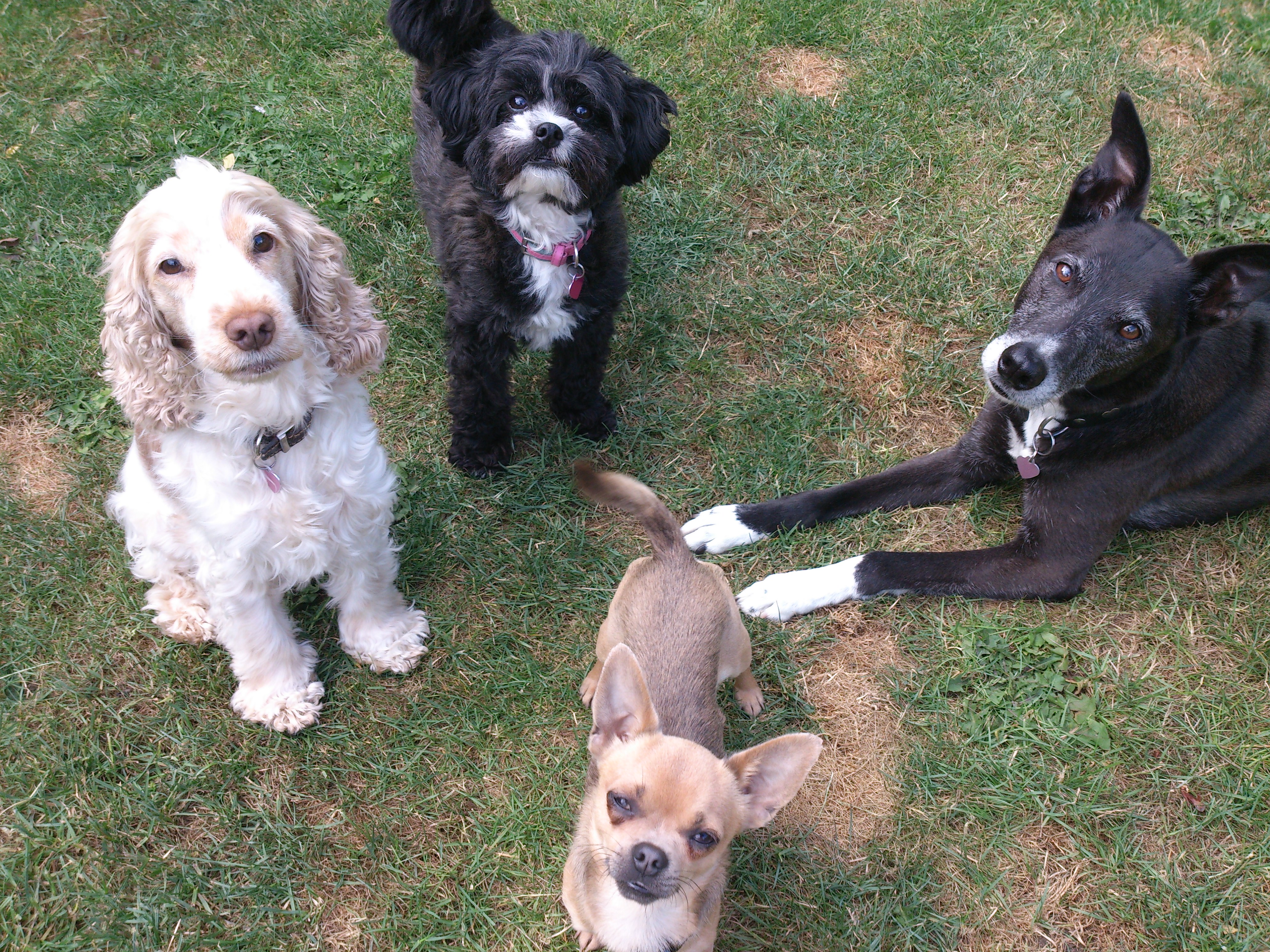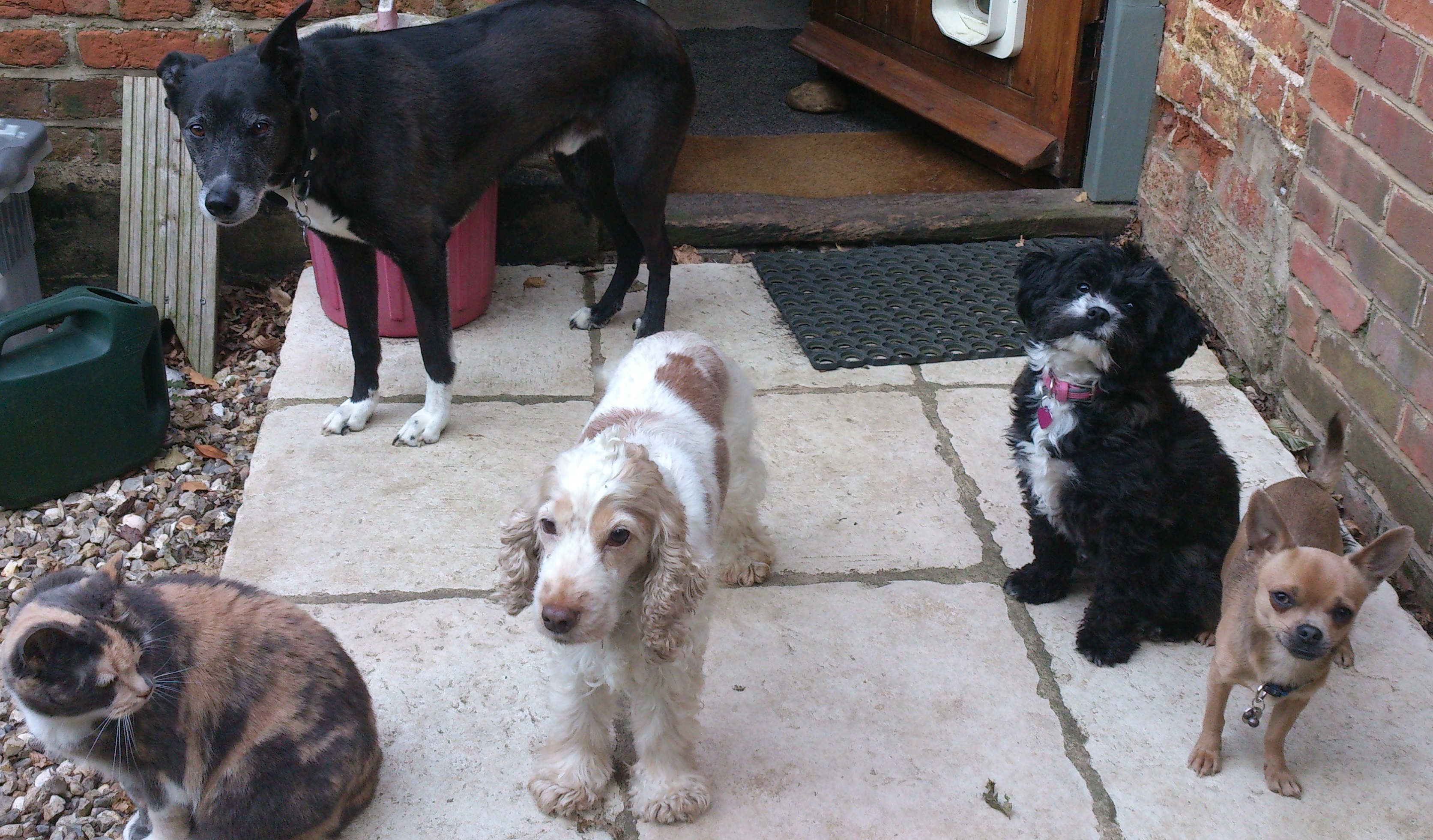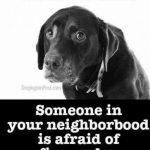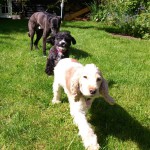Dog Trainer Norfolk
Stress-free pets?
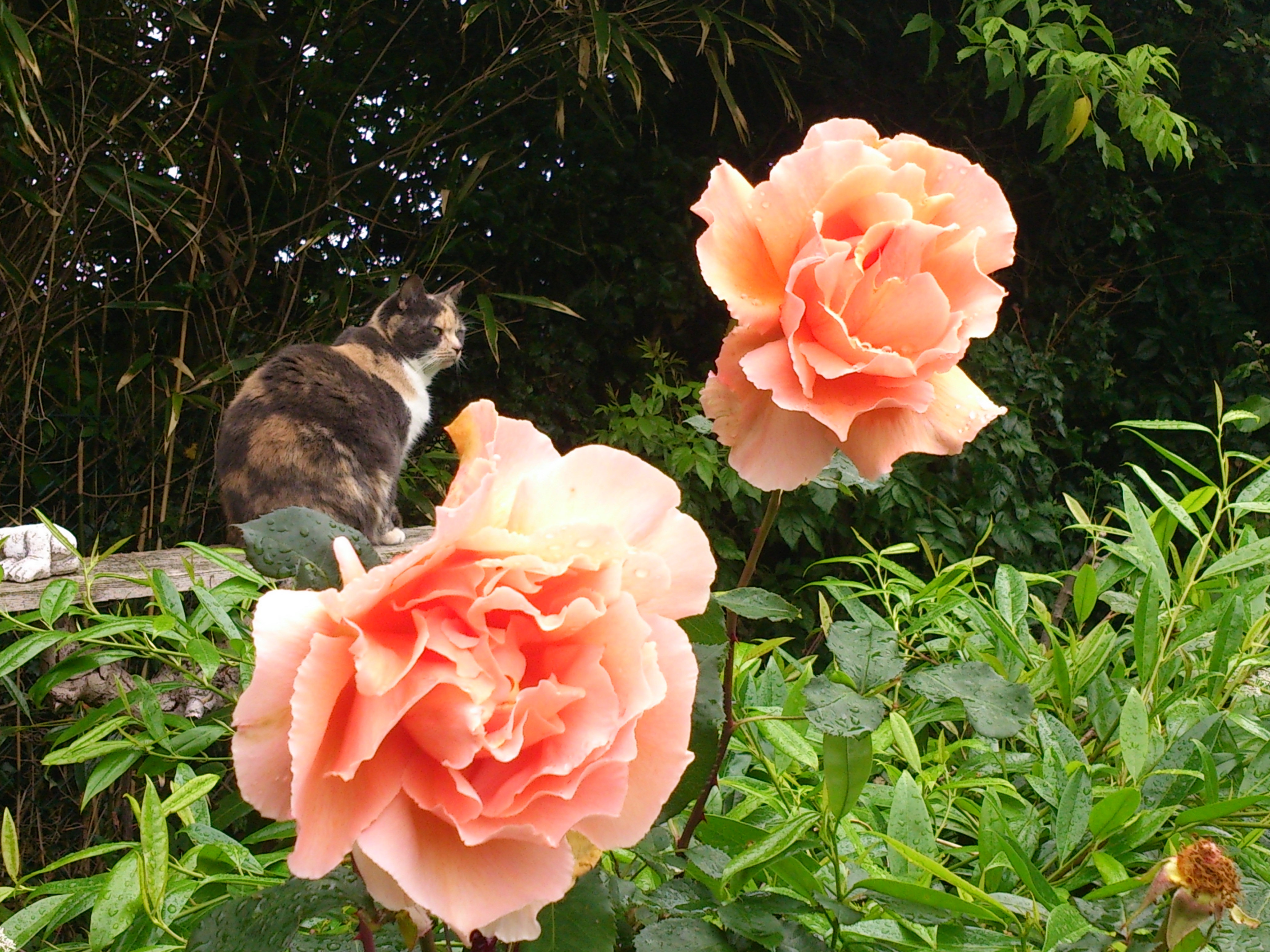
Maisy sits peacefully on her special cat shelf in the garden. Living with four dogs could be stressful for her but careful management ensures that everyone feels safe and as stress-free as possible.
The well-being of our companions, is intrinsically linked with our own. Being well is not only good for us, it also has a profound effect on those around us. A truly holistic approach to the resolution of behavioural issues, means understanding the impact that we all have on each other.
In a family/pack everyone affects everyone else and our state of mind (and body) is contagious! We can infect those around us with peace, joy and love. We can also cause an epidemic of stress and anxiety. The modern world can be a very stressful place. Long working hours, multiple and complex commitments, financial strains and social pressures mean that stress and anxiety can easily build up and begin to unbalance our autonomic nervous system.
The autonomic nervous system (part of the peripheral nervous system) plays a very large part in well-being – both for us, and most of our animal companions. It plays a key role in keeping us all alive by maintaining and healing our bodies and getting us out of danger when it occurs – flight or fight. Problems can arise when the autonomic nervous system (ANS) becomes out of balance and this can happen when we are repeatedly exposed to danger – real or perceived!
The trouble is, our ANS is unable to differentiate between the very real threat of an out-of-control car that is careering towards us, and the persistent – but less immediately life threatening – day-to-day fears and worrying thoughts, that can pervade our waking and sleeping lives! The untamed voice in our head can become our own worst enemy. An internal saboteur, terrorising us on a daily basis with thoughts of ‘what if’, self-judgement and condemnation. If this fearful voice continues to run the show, the ANS can become progressively more and more out of balance. This can lead to negative consequences to our well-being, and unfortunately, for the well-being of those around us.
Most of our animal companions have an autonomic nervous system, and just like us, they too, can become out of balance. This is very often the root cause of what we perceive as problem behaviour. An out of balance ANS can cause us all to become more sensitive/aggressive, less cooperative and trusting and more likely to judge rather than empathise. Soothing and nurturing everyone’s nervous system is usually a big part of the picture in the resolution of behavioural issues.
Put simply, it’s the difference between a life lived in love and a life lived in fear!
Some of the more extreme behavioural issues that people can experience with their dogs – aggression, separation anxiety, compulsive patterns of behaviour, destruction and eating problems – are rooted in an out-of-balance ANS.
Sometimes a shift in perspective and a change in the way that we are doing things is enough to help our dogs to feel safe with us and therefore, more able to relax and cooperate, more of the time. Sometimes however, when stress and anxiety are more pervasive, we may need to soothe and nurture our own ANS as part of the process, and these are some of the strategies that I use to create lasting change –
– Meditation – proven to reduce stress, increase serotonin (feel good chemical) and improve cognitive ability and immune function, amongst a multitude of other amazing benefits!
– Breathing techniques that are easy to implement, any time any place, and have an immediate, soothing effect on the ANS.
– Strategic interventions to challenge the voice in the head and create the space for real and lasting change to take place.
Next week I’m off to Oulton Broad to further my knowledge of EFT (Emotional Freedom Technique) with the inspirational Kath Temple – www.thehappinessfoundation.co.uk
WATCH THIS SPACE! : )

